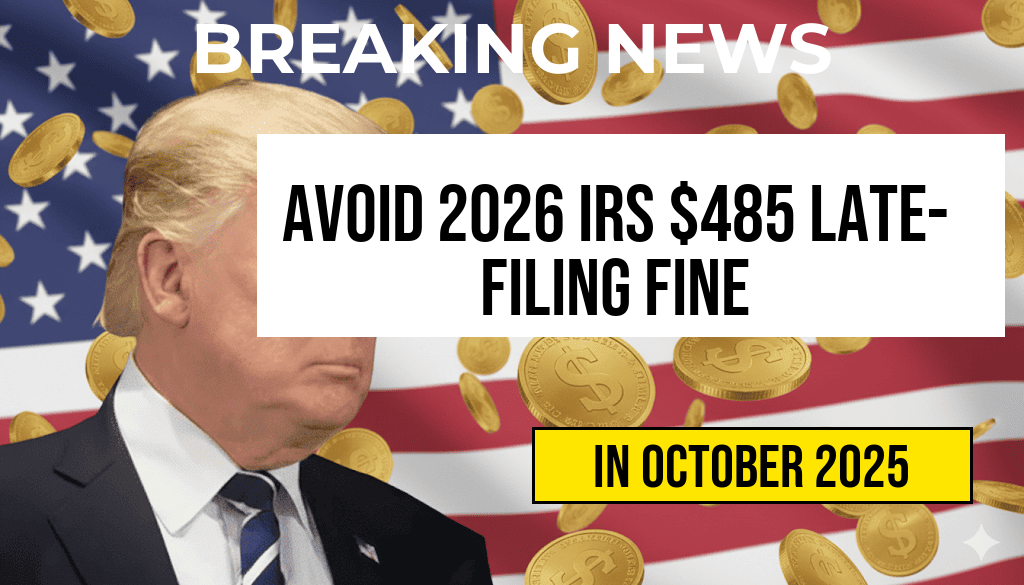As Washington D.C. implements a new $17.95 minimum wage, local employers are grappling with how to navigate the complex interplay between this rate and the existing tip credit system. The tip credit allows employers to count a portion of employee tips toward meeting minimum wage requirements, which can significantly impact how wages are structured for service workers. With the zero difference between the mandated minimum wage and the effective compensation for tipped employees, businesses face a unique challenge: ensuring compliance without incurring unexpected costs. This shift prompts a reevaluation of wage policies, staffing practices, and tip management strategies across the hospitality and service sectors in the nation’s capital.
Understanding the Tip Credit and Its Role in D.C. Wage Laws
The tip credit is a provision that permits employers to pay tipped employees a lower base wage, provided their tips make up the difference to meet or exceed the minimum wage. In D.C., prior to the recent increase, employers could credit a certain amount towards the minimum wage, which was aligned with federal standards. However, with the city’s new minimum wage set at $17.95 per hour, the dynamics shift significantly.
Under current regulations, if an employer’s tipped employees earn enough in tips to reach the minimum wage, the employer’s obligation is effectively nullified, leading to a zero difference scenario. This means that for many service workers, total earnings—including tips—must match or surpass the new wage threshold, regardless of the tip credit. Consequently, employers must analyze whether their current tip structures suffice or if adjustments are necessary to prevent wage violations.
Implications for Employers and Employees
Wage Compliance Challenges
- Zero Wage Gap: With the $17.95 minimum wage, employees who traditionally relied on tips to bridge the wage gap now find themselves with potentially no difference between their wages and the minimum rate. This increases the pressure on tip earnings to meet or exceed the minimum, especially during slow business periods.
- Increased Operational Costs: Employers may need to raise the base pay or incentivize tipping to maintain employee earnings. Failure to do so risks violations of wage laws, which could lead to penalties or lawsuits.
- Adjustments in Tip Policies: Businesses might reconsider how tips are distributed or whether tip pooling practices need revision to ensure compliance and fairness.
Employee Compensation and Income Stability
- Income Variability: Employees who depend heavily on tips may experience income fluctuations, particularly if the minimum wage surpasses typical tip earnings during slow hours or off-peak seasons.
- Fair Compensation Concerns: Workers may push for standardized wages that do not rely solely on tips, advocating for higher base pay to secure income stability.
- Labor Rights Advocacy: The zero difference scenario intensifies discussions about fair wages and the role of tips in employee compensation, prompting calls for policy reforms at the city level.
Strategic Responses for Business Owners
Reevaluating Wage Structures
| Model | Description | Pros | Cons |
|---|---|---|---|
| Traditional Tip Credit | Lower base wage with tips covering the rest | Lower initial payroll costs | Income variability for workers |
| Guaranteed Higher Base Pay | Meeting or exceeding $17.95 without reliance on tips | Stable income for employees | Higher fixed labor costs |
| Hybrid Approach | Moderate base wage + tip pooling | Balance between stability and cost | Requires careful management of tip distribution |
Adjusting Tip Policies and Employee Incentives
- Implementing Tip Pooling: Sharing tips among staff to promote teamwork and fairness, ensuring compliance with wage laws.
- Increasing Service Quality: Offering training or incentives to boost tip earnings, helping employees meet the minimum wage via tips alone.
- Transparent Communication: Clearly explaining wage policies and expectations to staff to maintain morale and compliance.
Regulatory and Legal Considerations
Employers must stay informed about the evolving legal landscape surrounding minimum wage and tip credit regulations in D.C. The District’s Department of Employment Services provides guidance on compliance requirements and wage calculations. Failure to adhere to these laws can result in legal repercussions, including back pay obligations and fines.
Legal experts recommend conducting regular wage audits and consulting with labor law specialists to ensure that compensation practices align with city regulations. Additionally, documentation of tip pools, employee hours, and wage calculations can serve as critical evidence in compliance disputes.
For more on wage laws and labor rights in D.C., visit the Wikipedia page on Wage Labor in the United States.
Looking Ahead: Policy Debates and Industry Impact
The zero difference created by the $17.95 minimum wage in D.C. underscores ongoing debates about the role of tips in employee compensation. Advocates argue that a higher guaranteed wage reduces income insecurity and promotes fair labor standards, while opponents caution about increased costs impacting small businesses and consumer prices.
As the city navigates this transition, stakeholders—including policymakers, business owners, and workers—are expected to engage in discussions about sustainable wage practices and the future of tipping in service industries.
Understanding these dynamics is crucial for employers aiming to remain compliant while maintaining operational viability in Washington D.C.
Frequently Asked Questions
What is the significance of the tip credit in D.C. wage laws?
The tip credit allows employers in D.C. to count a portion of their employees’ tips toward meeting the minimum wage requirements, reducing the direct wage they need to pay.
How does the $17.95 minimum wage impact employers and employees in D.C.?
The $17.95 minimum wage sets a standard that employers must meet for their employees, whether through direct wages or a combination of wages and tip credits. When the tip credit equals the minimum wage, there is zero difference, meaning employers cannot pay less than the minimum wage regardless of tips.
What are the requirements for employers in D.C. regarding tip credits and wages?
Employers must ensure that the sum of the tips and wages paid to employees equals at least the minimum wage of $17.95. If tips do not bring the total up to this amount, the employer must compensate the difference.
Are there any restrictions on how tip credits can be used in D.C.?
Yes, tip credits can only be applied to employees who regularly receive tips. Employers cannot use tip credits to pay employees who do not typically receive tips or for non-tipped employees.
What happens if an employer in D.C. does not meet the minimum wage after accounting for tips and tip credits?
If an employer’s total wages and tips do not meet the $17.95 minimum wage, the employer is legally required to compensate the employee the difference to ensure compliance with local wage laws.






